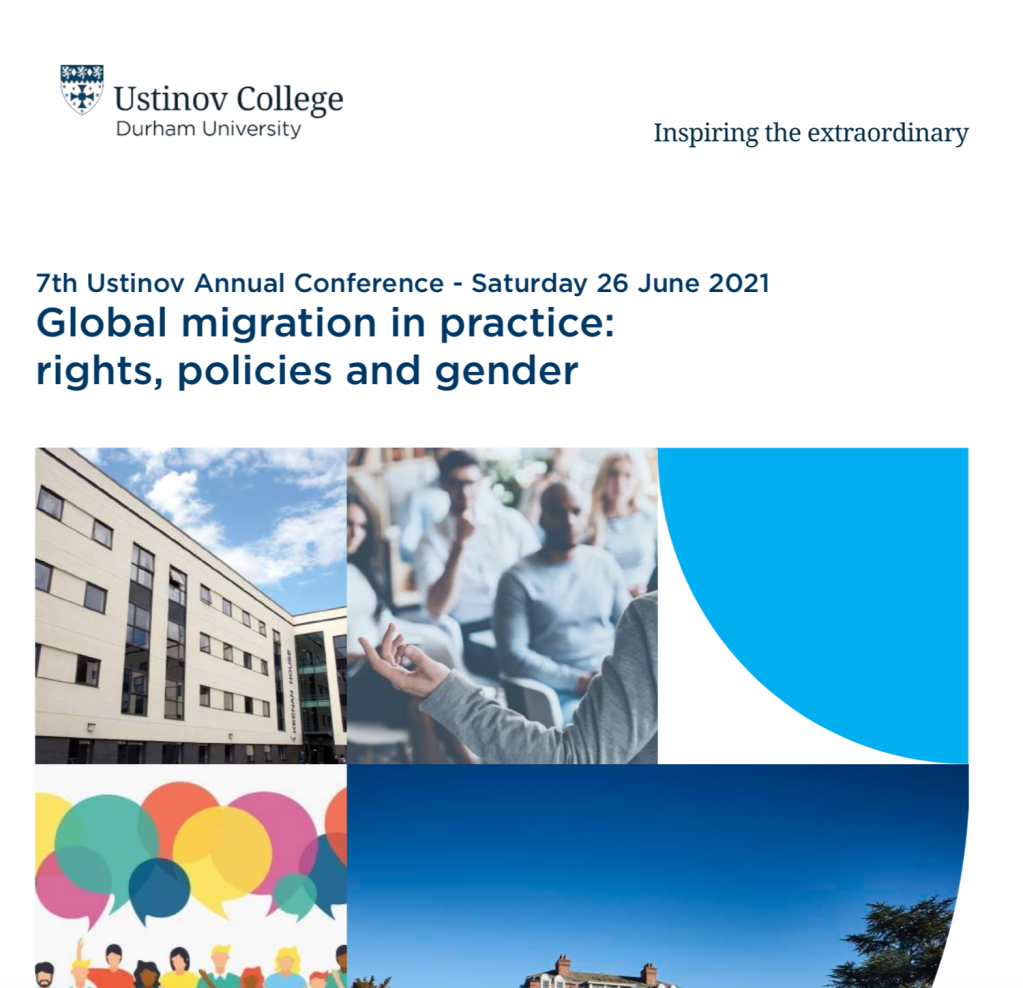I’m glad to share that a copy of my dissertation from my graduate study at the University of Westminster is now a free resource.
Exhibition and Full Paper
An abstract is available at the School of Architecture and Cities’ MORE 2020 online graduate exhibition (click here for the print copy), while the full dissertation is uploaded to the Kanlungan Filipino Consortium website and ResearchGate.
Presentation
I presented my research in the event, SAAN KA LULUGAR: Conversations on Space in a Post-Pandemic World, Webinar 3: Palit, Lipat, Lapat, last 12 March 2021. This was hosted by the Philippine National Commission on Culture and the Arts and Culturaid. Here’s a recording:
I presented this research in the Philosophy of the City Conference 2021: Around the World in 24 Hours, hosted by the University of Twente last 17 May 2021.

I also presented this research in the Ustinov Annual Conference 2021, themed Global Migration in Practice: Rights, Policies, and Gender. You may read the brochure here.











